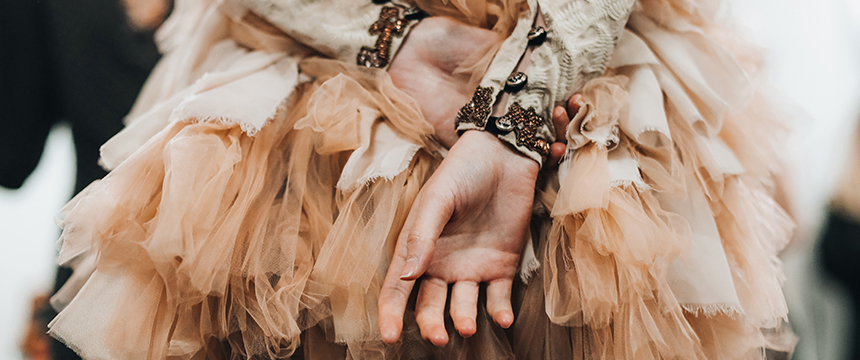
Fashion brands collaborating with celebrities or other brands has become increasingly popular, as it allows for a wider target demographic to be reached. However, attaching one name to another sometimes leads to major PR problems. PR issues can also be the result of poor judgement and lack of internal controls, such as lack of diversity in leadership or poorly handled campaigns.
The Adidas-Yeezy collaboration is an example of how detrimental a fallout from a partnership can be. After a nine-year partnership Adidas severed ties from Ye (the rapper formerly known as Kanye West) after Ye publicly made anti-Jewish and anti-Black comments. The Yeezy line generated more than 40% of Adidas’ profits. Due to the fallout from this collaboration Adidas said it could lose about US$11.3 billion in revenue, and operating profit could fall by around US$535 million. Adidas’ choice to partner with Ye (a historically controversial figure) was most likely purposeful as the more controversial, the bigger the payout. However, if brands chose to partner with a controversial figure, they should add guardrails to lessen the fallout if something goes wrong such as making morality clauses as detailed as possible and considering enhanced remedies if a collaborator breaks a clause.
Occasionally a brand will debut a new campaign or fashion line that is controversial and culturally tone deaf. These circumstances can be detrimental to both the financial state of the company and can indefinitely harm their reputation. Balenciaga and Gucci are just two of the major designer brands to have created tone deaf and offensive campaigns. Gucci hired a global director for diversity and inclusion and formed an advisory council that includes notable celebrities and racial justice experts. Having the right internal controls in place can avoid these situations and lessen reputational harm over time. Investing in diversity, equity, and inclusion (DEI) from the start is never a bad idea and brings different ideas and perspectives to a brand.

